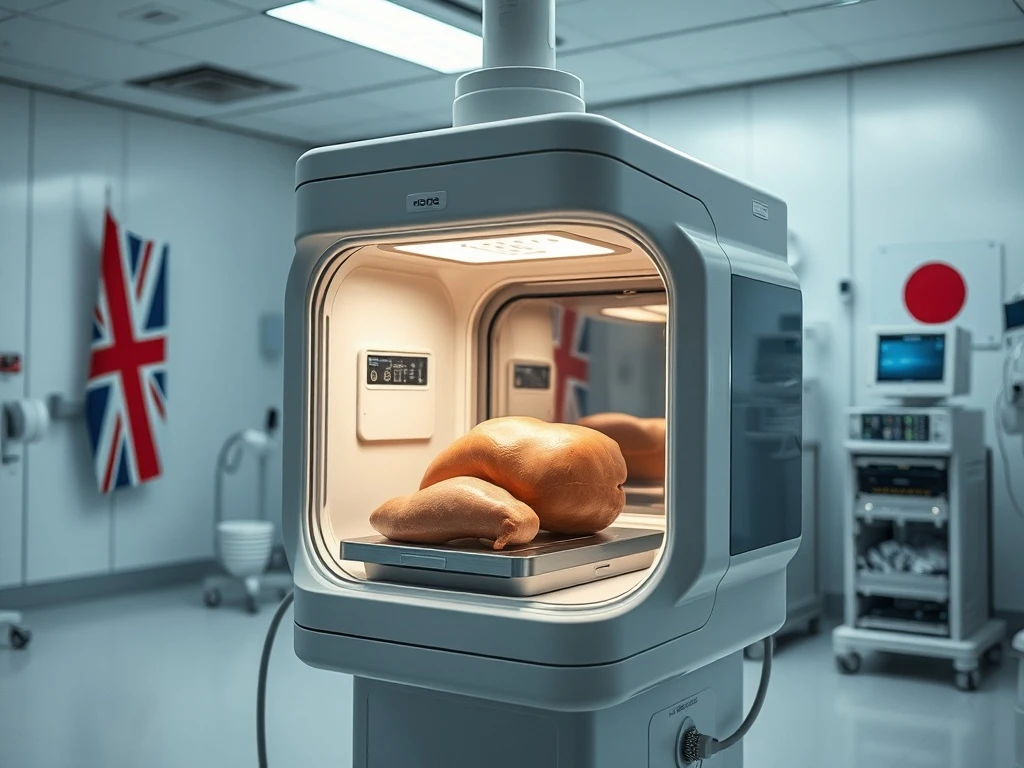In a groundbreaking development that reshapes the medical technology landscape, Oxford University spin-out OrganOx has been acquired by Japanese medical giant Terumo in a monumental $1.5 billion transaction. This landmark OrganOx acquisition represents one of the largest medical technology deals in UK history, showcasing both British innovation and ongoing concerns about foreign ownership of homegrown success stories.
OrganOx Acquisition: A Technological Breakthrough
The OrganOx acquisition centers around revolutionary transplant technology developed by Oxford professors. Their device preserves donor organs outside the human body for up to 24 hours. This innovation has already facilitated over 6,000 liver transplants worldwide. Consequently, the technology received the prestigious MacRobert Award from the Royal Academy of Engineering earlier this year.
Financial Impact and Stakeholder Benefits
This OrganOx acquisition delivers significant financial returns to multiple stakeholders. Founders Constantin Coussios and Peter Friend, as minority shareholders, will receive substantial payouts. Additionally, Oxford University, employees, and investors including the Royal County of Berkshire Pension Fund and BGF venture capital firm benefit considerably. BGF anticipates its largest-ever return estimated at £175 million from this OrganOx acquisition.
Strategic Implications for UK Innovation
The OrganOx acquisition raises important questions about UK’s ability to retain successful technology companies. Professor Friend emphasizes that British universities excel at generating innovation and achieving commercial success. However, critics worry that overseas acquisitions may hollow out Britain’s science and technology base. This pattern sees British firms acquired before reaching full maturity or opting for London listings.
Terumo’s Global Expansion Strategy
Terumo’s OrganOx acquisition accelerates their entry into the organ transplantation market. The Japanese company plans to expand global access to this life-saving technology. OrganOx will operate as a wholly owned subsidiary while maintaining its innovative edge. This strategic move positions Terumo as a leader in transplant technology solutions worldwide.
Future of Medical Technology Innovation
The OrganOx acquisition serves as both celebration and cautionary tale for UK innovation. It demonstrates world-class scientific achievement from British universities. Simultaneously, it highlights challenges in translating excellence into long-term domestic industrial growth. Policymakers now face renewed pressure to address retention of successful spin-out companies.
Frequently Asked Questions
What technology does OrganOx develop?
OrganOx developed groundbreaking technology that preserves donor organs outside the human body for up to 24 hours before transplantation, primarily used for liver transplants.
Who acquired OrganOx and for how much?
Japanese medical devices group Terumo acquired OrganOx in a $1.5 billion (£1.2 billion) deal, making it one of the largest UK medical technology acquisitions.
What awards has OrganOx received?
The company’s main device won the prestigious MacRobert Award from the Royal Academy of Engineering, recognizing it as one of Britain’s most significant medical breakthroughs.
How will this acquisition affect patients?
Terumo plans to expand global access to OrganOx’s life-saving technology, potentially making organ transplantation more accessible and successful worldwide.
What concerns does this raise for UK innovation?
The acquisition intensifies debate about Britain’s ability to retain ownership of its most successful spin-outs and whether repeated overseas acquisitions risk hollowing out the country’s science and technology base.
Who benefits financially from this deal?
Beneficiaries include the founders, OrganOx employees, Oxford University, the Royal County of Berkshire Pension Fund, and venture capital firm BGF, which expects its largest-ever return.








